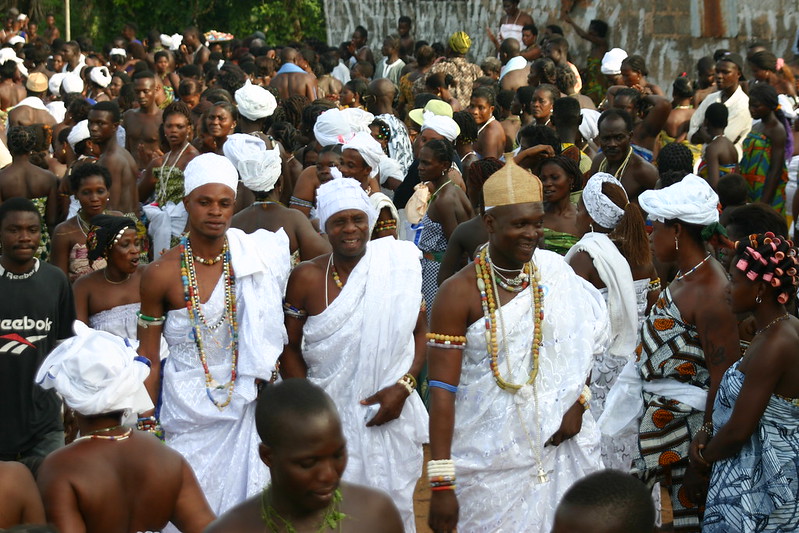goldengaterestaurantphoenix.com – Togo, a small West African nation, is a vibrant tapestry of cultures, traditions, and histories. Its cultural festivals are a testament to the country’s rich heritage and the unity of its diverse peoples. These festivals are not just celebrations; they are living museums that showcase the customs, beliefs, and arts of Togolese communities. From the energetic beats of drums to the colorful displays of traditional attire, Togo’s cultural festivals are a feast for the senses and a bridge to the past.
The Essence of Togolese Festivals
At the heart of Togolese festivals is the desire to preserve and celebrate the country’s cultural heritage. These events are often deeply rooted in the agricultural, social, and religious practices of the various ethnic groups in Togo, such as the Ewe, Kabye, and Mina. They provide a platform for the transmission of knowledge, values, and traditions from one generation to the next, ensuring the continuity of Togolese culture.
Key Cultural Festivals in Togo
1. Houenou Hounonkan Festival
The Houenou Hounonkan Festival is a significant event among the Ewe people, celebrating the end of the harvest season. It is a time of thanksgiving, during which communities come together to give thanks for the year’s bounty. The festival features traditional dances, music, and the sharing of food, symbolizing unity and cooperation.
2. Nyigbo Festival
The Nyigbo Festival is celebrated by the Kabye people and marks the beginning of the new year according to the Kabye calendar. It is a time for purification, renewal, and the strengthening of social bonds. The festival includes rituals, dances, and the preparation of special dishes, all aimed at ensuring a prosperous year ahead.
3. Vodu Festival
The Vodu Festival is a religious celebration that pays homage to the Vodu deities, who are believed to influence various aspects of life. This festival is characterized by elaborate rituals, sacrifices, and dances that are performed to honor the gods and ancestors. It is a time for seeking blessings, healing, and guidance.
4. Akada Festival
The Akada Festival is celebrated by the Mina people and is dedicated to the sea god, Akada. It is a vibrant celebration that showcases the importance of the sea in the lives of coastal communities. The festival includes boat races, traditional dances, and the offering of sacrifices to Akada for protection and prosperity.
The Role of Festivals in Modern Togo
In contemporary Togo, cultural festivals play a crucial role in fostering national unity and pride. They serve as a reminder of the country’s diverse cultural heritage and the shared values that bind Togolese people together. These festivals also attract tourists, contributing to the country’s economy and promoting Togo on the international stage.
Conclusion
Togo’s cultural festivals are more than just celebrations; they are expressions of identity, unity, and continuity. They keep the traditions alive, educate the younger generation, and bring joy to participants and spectators alike. As Togo continues to evolve, these festivals remain a vital link to the past, a celebration of the present, and a hope for the future.

